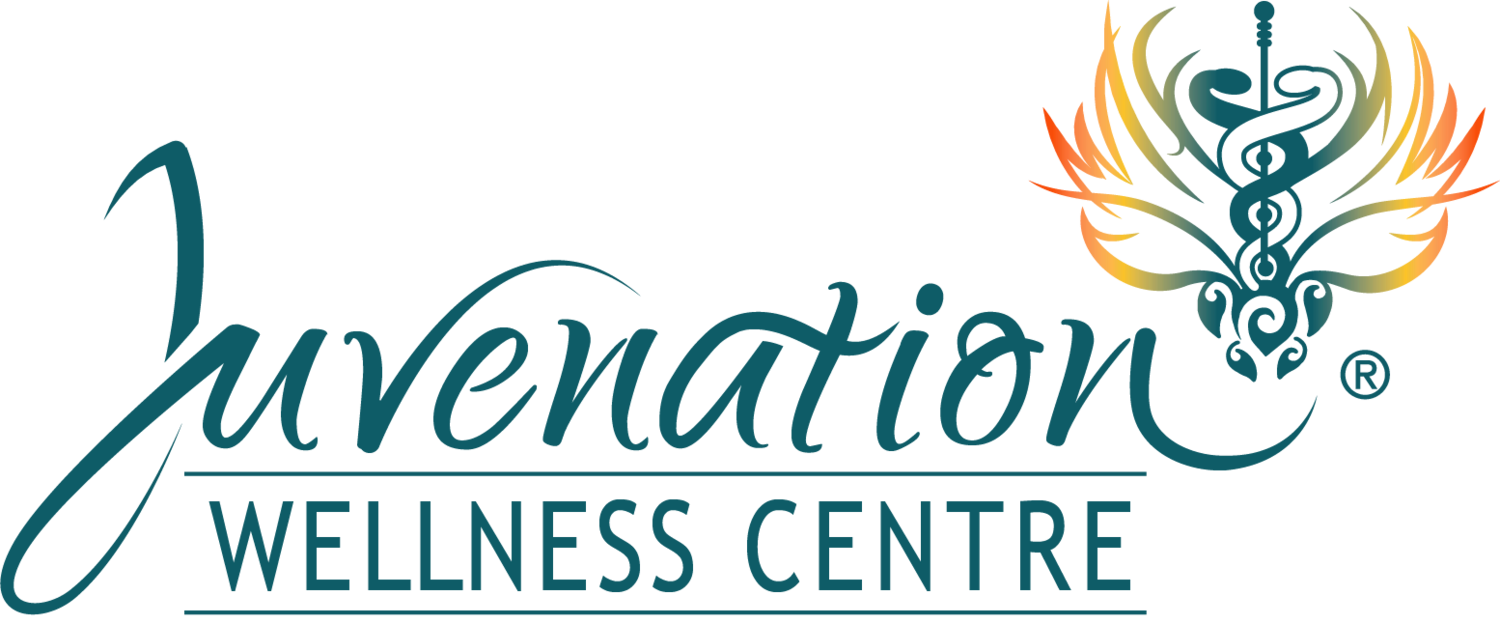As a working psychotherapist in the area of trauma, it has become very evident that the importance of the development of self-care strategies and receiving supervision to aid in helping ourselves to help our clients is paramount. It has struck me that many practitioners enter into the field without understanding the pitfalls and signs of Vicarious Trauma, Compassion Fatigue, and Burnout. If we as practitioners of wellness are unable to maintain our own wellness, then we can actually do more harm than good in our attempts to help.
My experience as both a practitioner and an instructor to counselling psychology students in the area of crisis and trauma has led me to realize the lack of awareness that may exist in our professional community. Some of the symptoms of vicarious trauma as outlined by Iqbal (2015) that may be experienced by therapists could be:
- Changes in personal identity and world view
- Social withdrawal
- Lack of trust in others
- Feelings of helplessness
- Becoming easily emotionally overwhelmed
- Numbing of atypical feelings towards people and events
- Loss of connectedness to others and the self
- Hyper-vigilance
- Difficulty connecting with joy.
Some ways for practitioners in the field to be able to assess for their levels of vicarious trauma, compassion fatigue and burnout are with the Traumatic Stress Institute Belief Scale (TSI-BSL), Compassion Fatigue Self-Test for Psychotherapists (CFST), the Professional Quality of Life Scale (ProQoL), and the Maslach Burnout Inventory (Sansbury, Graves, & Scott, 2015).
Proactive self-interventions against the onset of vicarious trauma, compassion fatigue, and burnout are through the implementation of self-care strategies and supervision. Self-care strategies can be implemented in 4 realms of practitioner’s lives, including the physical, mental/emotional, social, and physical environment. Examples could be exercise and nutrition (Physical), meditation and mindfulness (mental/emotional), time spent with family and friends (family), and a clean orderly house (physical environment). I recommend implementing 1-2 strategies from each of these four areas to give a well-rounded self-care approach.
Directly discussing vicarious trauma, compassion fatigue, and burnout with a supervisor is one of the best ways to work through the symptoms early on and process any concerns you may have. Supervision is not just for students, I highly recommend it for all active practitioners in our field.
